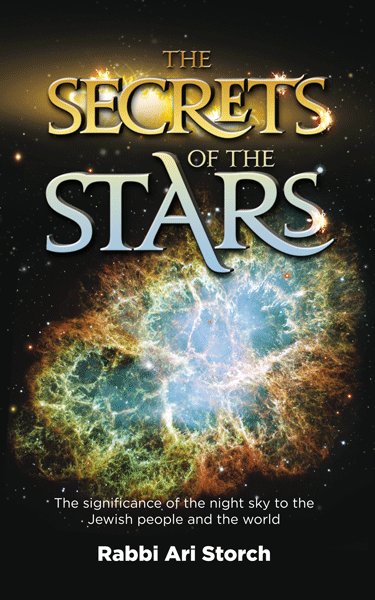As mentioned last week, this week's Haftarah contains many words within a short section that also express astronomical/astrological terms. It seems more than just coincidence that this is occurring and, perhaps, is actually deliberate to provide imagery that enhances the meaning of the text. (Once again, I will use the translation from Artscroll's Tanach, but leave the word I am referring to in Hebrew.)
"Behold they will wear out like a garment; Ash (moth) will devour them." (Yeshaya 50:9) Ash is also the name of Ursa Major, the constellation that has the recognizable Big Dipper in it. In rabbinic literature it is also displayed as the constellation that the others appear to rotate around, thus, it appears that it is the center of the "wheels of the universe" and the point that seems to have all else move around it. This is significant since, to people in ancient times, this was symbolic of the item that appeared to keep the universe in balance and make sure that things continued properly. Here it could signify that through time and natural events the adversaries of Hashem will wither away and be forgotten.
"Though he may have walked in darkness with no Nogah light for himself, etc." (Ibid. 50:10) Nogah also refers to Venus and it is seen as the brightest of all stars. It rises often times just before dawn and is known as the Morning Star. As such, the one who fears Hashem, the subject in this verse, has walked without a guiding light, nor has he felt the dawn to his darkness was coming since he never witnessed a Morning Star.
"Behold all of you are igniters of fire, kindlers of Zikos (sparks), go in the flame of your fire, and in the Zikos (sparks) you have lit, etc." (Yeshaya 50:11) Zikos also can refer to either a comet or a shooting star. If it is intended to refer to shooting stars then it could mean that those who feared Hashem may have felt small and insignificant, but with their light they produced was brilliant. A shooting star is not actually a star, but a speck of dust that burns up as it enters the atmosphere. If it means a comet then just as a comet has its own orbit and seems to be a lonely celestial object, so too those that feared Hashem were small in comparison to those that did not. But they need to follow in the path they have blazed.
"Listen to me, O pursuers of Tzedek (righteousness), etc." (Yeshaya 51:1) Tzedek also means Jupiter. Jupiter is the largest of the planets and righteousness has been attributed to it historically by Chazal. As such, we refer to this planet as the object the other celestial objects were searching for.
Interestingly, the above verses are all one immediately after the other.
Subscribe to:
Post Comments (Atom)


No comments:
Post a Comment